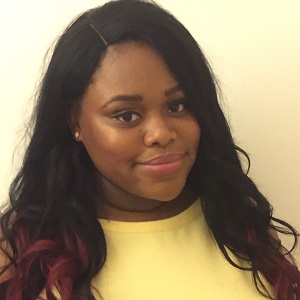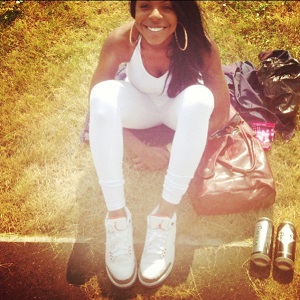A very special blood type
Patients who need regular transfusions often rely on specially matched blood. Which is where the little known Ro sub type comes in.
 All blood transfusions are matched for ABO group and Rh group. But there are many other blood groups, and patients who need regular transfusions, for example patients with sickle cell disease, need extensive matching.
All blood transfusions are matched for ABO group and Rh group. But there are many other blood groups, and patients who need regular transfusions, for example patients with sickle cell disease, need extensive matching.
What is Ro?
Ro is part of the Rh group, which is under the control of two genes - RHD and RHCE. These control the mix of Rh antigens (protein markers) on red cells and give rise to eight potential combinations, one of which is Dce, referred to as Ro. The Ro subtype is simply blood with a certain combination of genes, and is perfectly normal. It does not affect an individual’s blood type or how it works.
Who has the Ro subtype?
Ro is more than 10 times more common in individuals from black African or black Caribbean ethnic backgrounds than in those from white ethnic backgrounds. But only 2.2% of donors who gave blood last year have the Ro subtype. That means a potential shortage of Ro blood for the people most likely to need it.
It is important that the blood donor population reflects the population of the UK as a whole. It’s even more important when you consider that black communities are much more likely to suffer from sickle cell disease and so need regular blood transfusions that are Ro compatible.
That’s just one of the many reasons why we encourage more individuals from black African and black Caribbean ethnic backgrounds to donate blood. (Having the Ro subtype however, does not mean that you have sickle cell disease.)
We have started to tell donors if they have the Ro subtype and what this means, in the hope they realise how important making regular donations is. In times of particular need, we may contact these donors outside of their usual donation pattern and ask them to make a special effort to donate.
Anti-Ro
Completely separate from the Ro blood group subtype is an autoantibody (an antibody directed against the body’s own proteins) found in the blood called Anti-Ro. This is the most prevalent autoantibody associated with autoimmune diseases such as Sjögren’s syndrome. There is no connection between having the Ro blood group subtype and carrying the Ro antibody.
How Ro blood helps Paige lead a normal life
 “I have sickle cell anaemia. I am 24 years old, and have been having painful crises* for the last 10 years – and nearly lost my life twice as a result.
“I have sickle cell anaemia. I am 24 years old, and have been having painful crises* for the last 10 years – and nearly lost my life twice as a result.
“Because of sickle cell, my immune system is not very good and I am frequently in hospital with pneumonia. This has affected my lungs badly, and only three quarters of my lungs are working.
“I have had a blood exchange transfusion every 3 months for the past 2 years (and) they have recently increased to every 6 weeks. Without the exchange transfusions I would not be able to live my life the way I do. I would like to thank every donor who has given their time and blood to enable me, and many others like me, to lead a normal life.”
*The abnormally shaped blood cells, or sickle cells, can block blood vessels. These painful ‘sickle cell crises’ may last up to 7 days, and can cause organ and tissue damage.
Why Ro donor Nerissa, 29, gives blood
 "I witnessed some heart breaking illnesses around me and everything changed. I started donating blood in 2015 when I realised just how needed it was (as) I have the rare blood subtype Ro. Currently 2% of donors have this subtype which hospitals require to treat conditions like sickle cell disease.
"I witnessed some heart breaking illnesses around me and everything changed. I started donating blood in 2015 when I realised just how needed it was (as) I have the rare blood subtype Ro. Currently 2% of donors have this subtype which hospitals require to treat conditions like sickle cell disease.
"No one chooses to be ill or in a situation where they are going to need the blood of others, but sadly it happens. It is so important that we all come together and help each other because the reality of it is that one day you may find yourself needing the blood of a donor.
"Just think that 10 minutes of your sitting in a chair could help save a person’s life, giving them the chance to live the life they truly deserve.”
In this issue of The Donor magazine
Helping young people get the message
Save someone's life while going about yours
Have you had the conversation?
